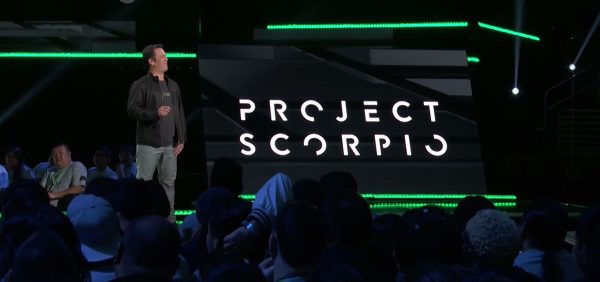
Despite what your local Gamestop will tell you when you try to trade used titles in, your old video games are actually very valuable. While you can’t expect to get much money in exchange for them, they’re still valuable because you care about them. Of course, a crafty game company can use our collective enjoyment of these games to dictate their retail price years after their initial release.
Just ask Nintendo about this strategy. Last year, they turned a miniature version of the Nintendo Entertainment System into the top spot on many people’s holiday wish lists. They bet big on the possibility that gamers everywhere would look at the NES Classic Edition and see their childhoods. It turns out they were right.
Of course, it really wasn’t that big of a business risk when you consider that Nintendo has made quite a bit of money over the years charging gamers for the privilege of re-purchasing games they used to own via the company’s Virtual Console. Mind you, few people really ever faulted them for this approach. Many gamers just accepted the fact that studios were always going to charge them for old titles no longer compatible with modern systems.
There’s at least one video game company that doesn’t feel that way, though, and they’re prepared to do something about it.
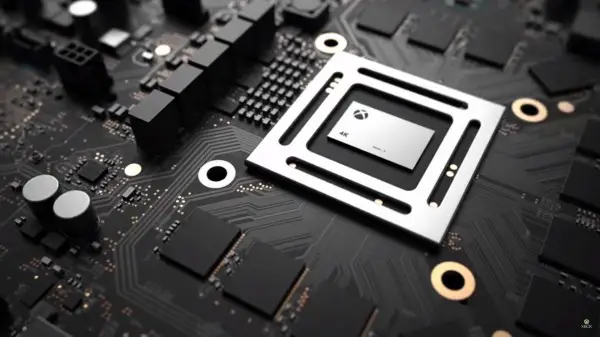
Recently, Microsoft executives and developers working on Microsoft’s Project Scorpio have indicated that one of the primary objectives of the studio’s next console is to kill the idea of generational gaming. What that means is that Microsoft doesn’t want to release a new system every few years. It also means that they don’t want you to have to keep re-purchasing your favorite games every generation.
One developer put it best recently when he described Project Scorpio as being “similar to PCs” in that “you’ll not lose your library when you buy a next-gen system.”
It’s an idea that goes against everything we’ve been lead to believe when it comes to making money in the console gaming market. Studios claim that the value of these old titles is a vital source of income. They say that they should be able to make a game once and charge for it forever.
So how is Microsoft getting away with this? Because technology finally allows for them to get away with it. Now that we live in an age when most media is stored digitally, developers are no longer able to use concepts like incompatible media formats as an excuse to shrug their shoulders and recharge us for old games. Microsoft is already trying to ensure that the Xbox One can play any Xbox 360 game, but with Project Scorpio, they plan to go one step further by ensuring that you’ll be able to play every game you’ve purchased in the last 10+ years for as long as you’d like.
Will it work? It’s too early to tell. For now, though, it’s at least nice to see someone try to fix one of console’s gaming’s greatest flaws.




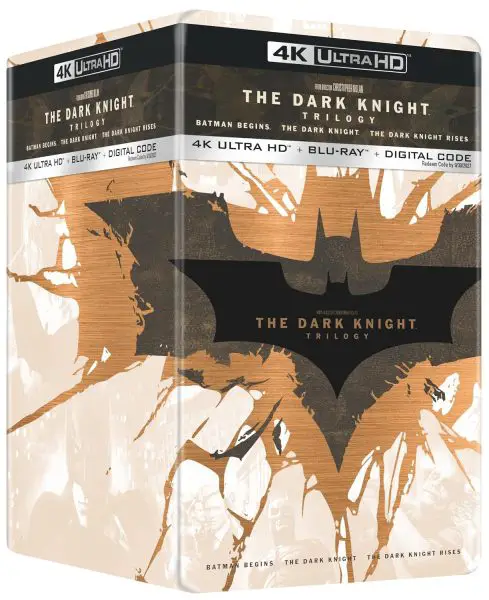
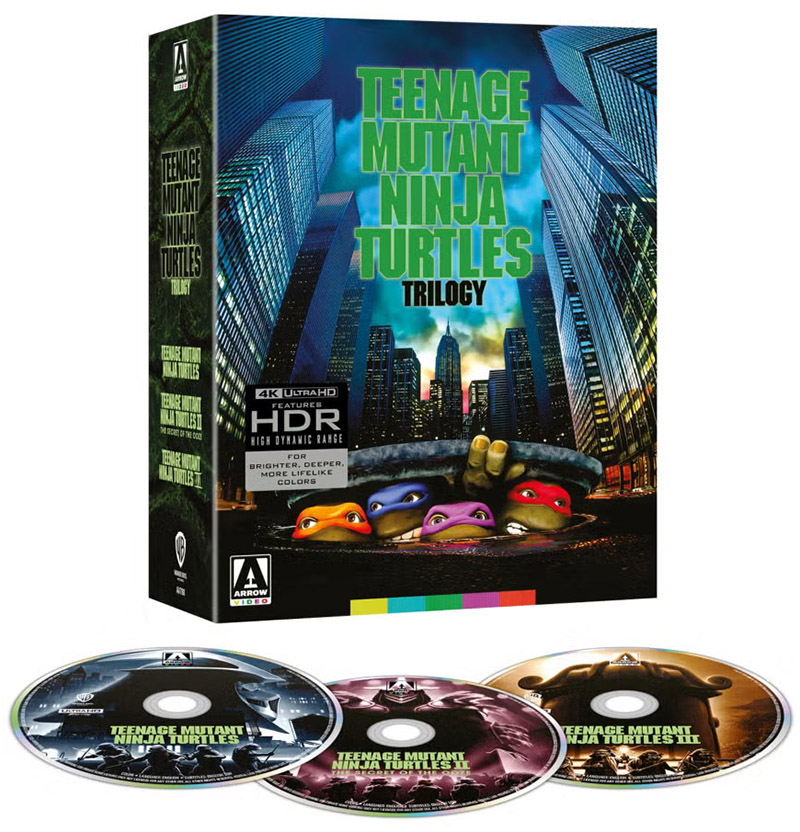

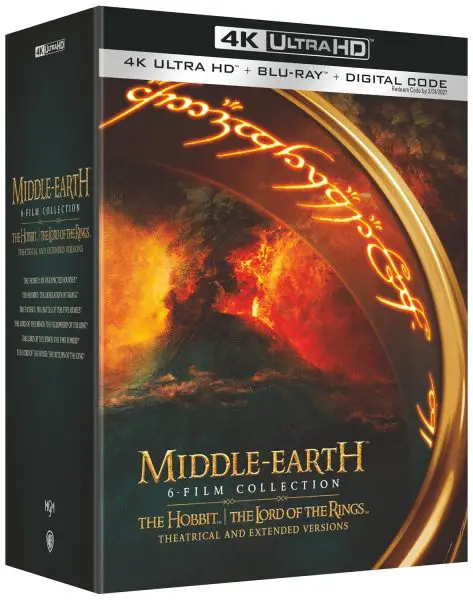



![How To Watch The 2026 Best Picture Oscar-nominated Movies [Updated] Bugonia (2025) frame grab](https://hd-report.com/wp-content/uploads/2026/01/Bugonia-2025-frame-grab-1-324x160.jpg)
